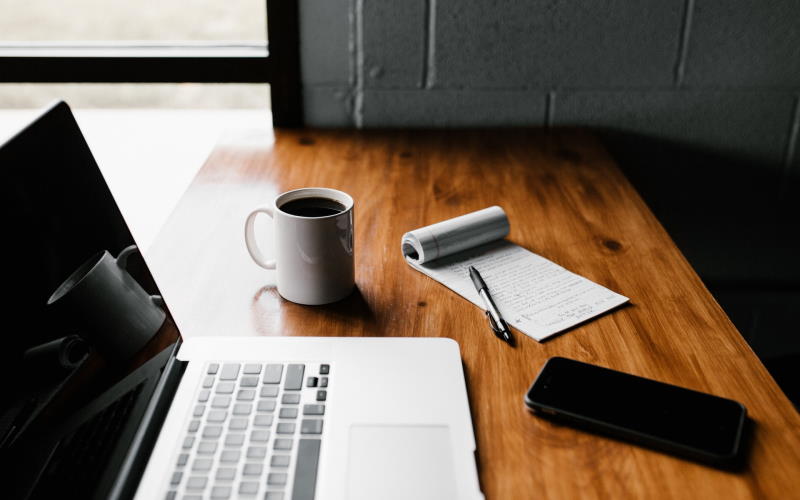
The moment we turn on our computer we automatically get connected to the internet. Currently everything we do, from studying to paying bills, is through the internet. While this feels normal but we need to look at it from a safety perspective as well. Every second, someone out there suffers from a cyber attack which harms the individual in one way or another. If you think that investing in one of the best laptops might protect you from these attacks then you might need to research a bit more.
Although expensive laptops come equipped with the best in class hardware but in terms of security, they’re no different from the best budget laptops available in the market. But don’t worry as this article will cover 5 ways that will help secure your device from attackers and malwares.
Keep your system updated
System updates not only increase your system’s performance but also solve any underlying security faults. While most software have auto updates at regular intervals, some need to be updated from time to time by the user. You need to keep an eye that all your apps and software are updated and don’t have any critical security threats.
If you’re worried about running out of space due to these constant updates, then you can turn off updates and selectively update your software on the basis of patch notes provided by the developers. These patch notes provide information about what all changes are made to the software and shouldn’t be ignored and it can even make your laptop to work faster.
Invest in a good antivirus
The best way to keep your laptop safe from viruses and malwares is by not downloading stuff from random websites. But there are numerous other modes that might transmit a malware into your system and the best way to deal with them is by getting a good antivirus. It scans files, folders and drives and detects viruses, malwares, ransomwares and spywares that come in its way. While most of the free antiviruses do a good job protecting your PC, it is better if you buy a subscription to make sure you get regular updates.
Don’t forget to keep your antivirus up to date so it can raise an alarm if something suspicious is detected and help you deal with virus and malwares before any major damage is inflicted on your system.
Encrypt and backup your files
Nowadays a simple password isn’t enough to protect your files and folders from an attacker. There are several ways through which an attacker can gain access to your hard drive and even the best laptops aren’t immune to this. Encryption makes the file/folder unreadable for the attacker even if he/she gets his/her hands on the hard drive.
So it’s absolutely important to encrypt your hard drive and use a strong password that can’t be cracked easily. While this will protect your data from theft, it won’t protect your hard drive from physical damage. To protect your crucial data from getting lost, you should backup your data locally (make sure you encrypt that as well) or on cloud by getting an appropriate cloud storage service.
Use VPN on a public network
Nowadays you can work on the go on your laptops using public Wi-Fi connections as they are becoming a common and easily available service. Public networks are pretty convenient but they aren’t as secure as your home network which leaves your device unprotected from hackers.
These networks don’t have encryption which makes them more prone to cyber attacks. You can protect your data by using a VPN whenever you connect to a public network as it encrypts the packets that are coming in and going out of the device without interfering with your work. So don’t forget to turn it on the next time you are browsing the web from a hotel, coffee shop, airport or train station, while connected to a public internet network.
Keep your firewalls up
Firewall works more as a filter rather than a wall as it filters out threatening communications that might cause security breach. Even large corporations use firewalls to protect their extensive network from hackers and attackers. While the firewall they use is pretty complex, the firewalls provided in our personal computers are less complicated as they cater to smaller needs and network and simply protect the system and network from malicious activity.
It has a variety of parameters that you can choose from to make your system much more secure and is turned on by default in every major operating system but in case it’s turned off, you can turn it on by going into the control panel of your respective operating system.
If you follow the points mentioned above then your system will be less vulnerable to data breach and you can maintain your privacy in a better manner. Moreover, you can also install a webcam cover and a privacy screen to protect you and your surroundings from prying eyes of the internet and surf the web to your heart’s content!
Cover Photo by Andrew Neel from Pexels
